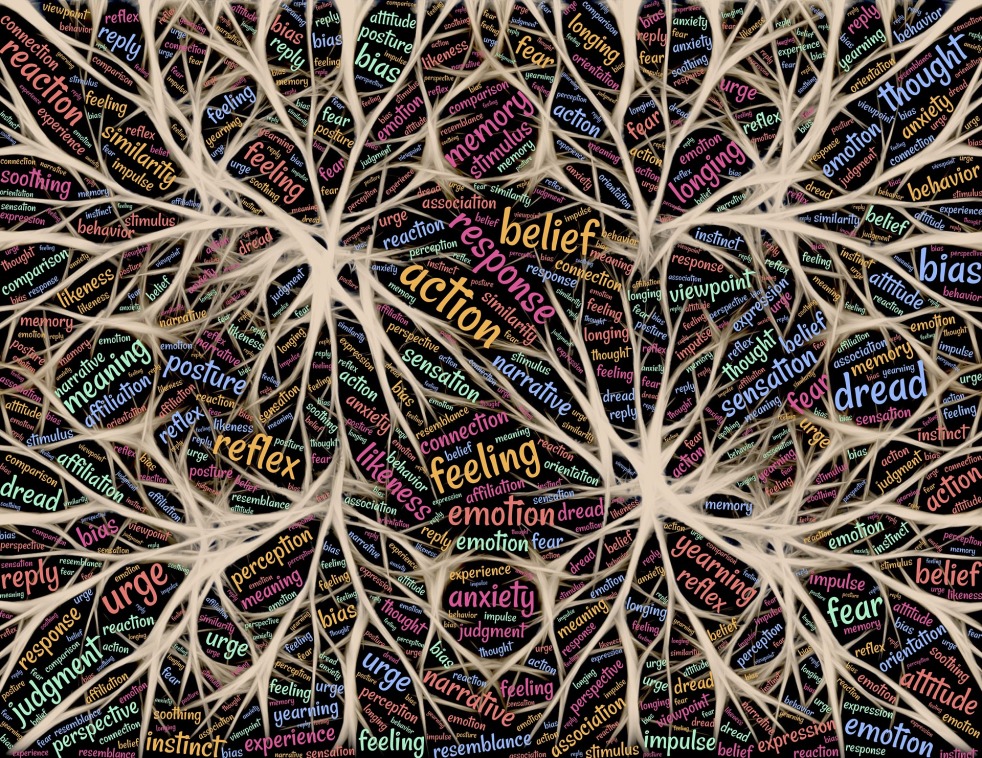A while ago I listened to a very informative podcast about the neuroscience of attention by Dr Adam Gazzaley on Unmistakable Creative via Apple Podcasts. Finding the material highly relevant I had made a few notes for personal use.
I find these points worth sharing in the current climate where it is quite challenging for those of us not used to working and staying focused for extended periods of time in a home environment. Of course these tips for enhancing attention are applicable in any situation.
These research-based strategies might sound ominously simple but I hope they grab your attention!
- Eliminate sources of distraction. Put away devices that you are not using, shut doors/windows to keep out sound, close those unused tabs on your laptop!
- Beethoven or Black Sabbath? Whether to listen to music or not during activities that require sustained attention has always been a contentious topic. It appears that the kind of music you listen to matters. Instrumental music that does not interfere with your thought process or trigger unwanted feelings appears to be okay. Personalise your playlist accordingly!
- Take baby steps. Focus 10 minutes on a task, then take a 30 seconds break (stretch, drink water, takedeep breaths) and work your way up to 30 minutes of singular attention span.
- Avoid ‘sink-holes’ while taking a break. A quick look at Instagram or call to a friend could lead to your work becoming a distant memory.
- Set schedules and protect them. Write it down in your planner or mark your calendar and guard your to-do time.
- Ensure good quality sleep. Sleep hygiene goes a long way in ensuring sound sleep. Religiously getting 6-8 hours might seem acceptable but it is worth noticing how you feel soon after waking up and your ability to focus through the day. Are there things you could be doing to improve your nightly rest?
- It’s okay to be distracted, sometimes! We are not robots. The human experience encompasses a wide array of thoughts and feelings. Job and financial security, your children’s education or the status of your relationship could all be weighing on your mind right now. But what is good to know is there are small steps we can take to protect our brains from spiralling out of control.




